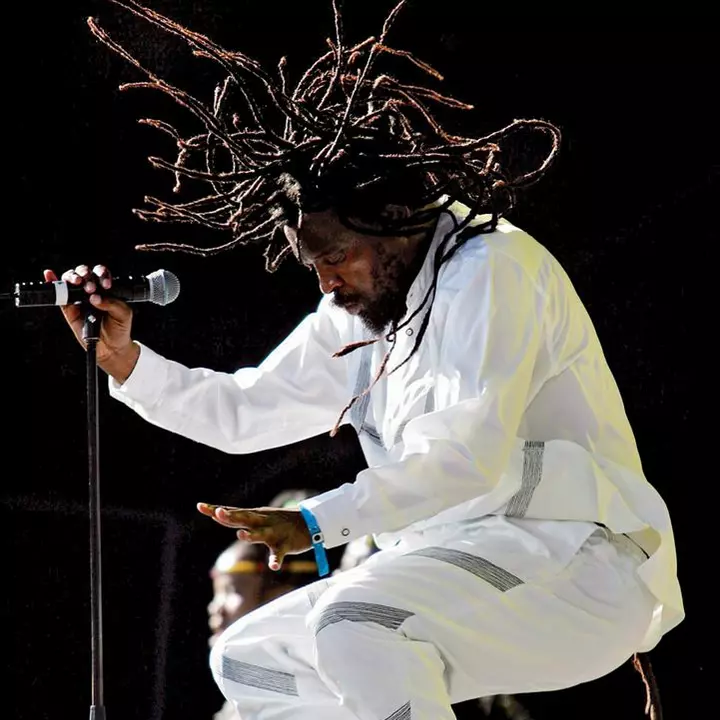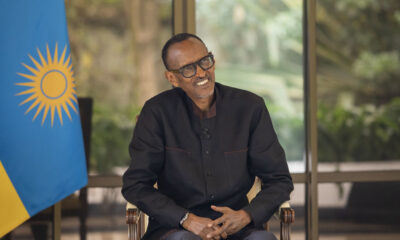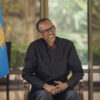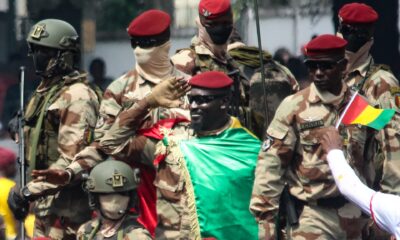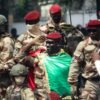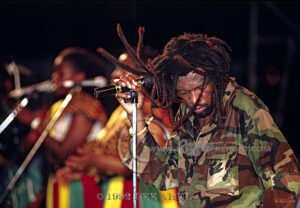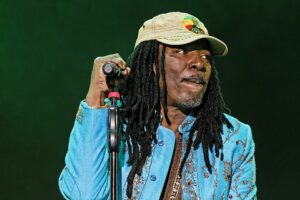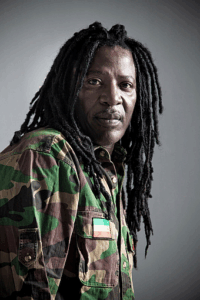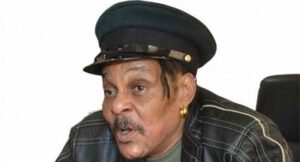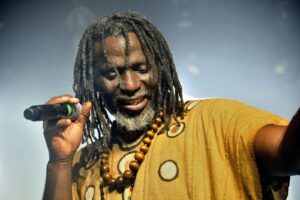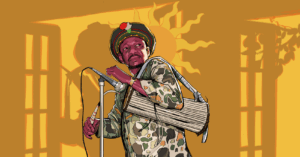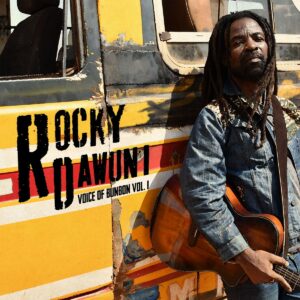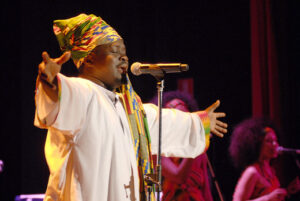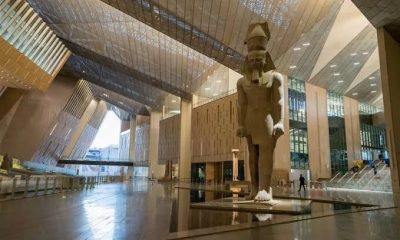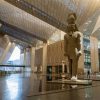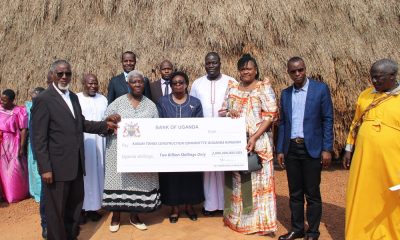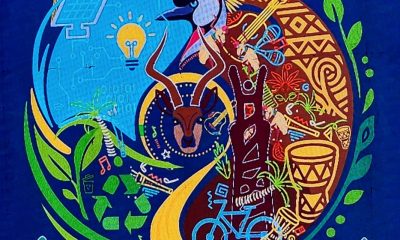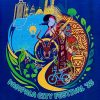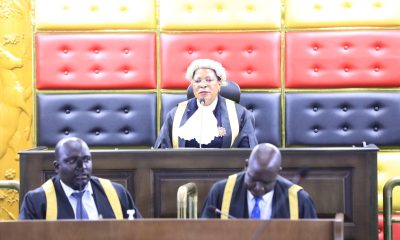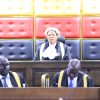Culture
Top 10 African Reggae Songs of All Times
Reggae, a musical genre synonymous with Jamaica, emerged in the late 1960s as a vibrant evolution from earlier Caribbean styles such as mento, ska, and rocksteady. Characterised by its distinctive “offbeat” rhythm and a driving four-beat pulse, reggae quickly transcended its island origins to become a global phenomenon. Its foundational links to Rastafari, an Afrocentric religion championing Pan-Africanism, imbued the genre with profound spiritual and political dimensions, extending its appeal far beyond entertainment. The 1968 release of Toots and the Maytals’ “Do the Reggay” is widely credited with coining the genre’s name and introducing its unique sound to a worldwide audience.
The widespread adoption and deep resonance of reggae across the African continent were not merely a matter of musical preference; they represented a profound cultural connection. The genre’s inherent themes of Pan-Africanism, social justice, and liberation found fertile ground in Africa, echoing long-standing struggles and aspirations. The very rhythmic structure of reggae, including its “offbeat” emphasis and “call-and-response” patterns, bears a striking resemblance to traditional African musical forms, suggesting a shared ancestral DNA.
This pre-existing cultural affinity meant that reggae, upon its arrival, was not simply an imported foreign sound but rather a homecoming for a musical expression that carried intrinsic African cultural and philosophical elements. This deep-seated familiarity greatly facilitated its rapid integration and indigenisation across the continent
African reggae artists adapted the genre’s powerful rhythms and messages, creating songs that echoed the continent’s unique struggles and dreams. Below, we delve deeper into ten iconic African reggae tracks, each a cultural milestone shaping the continent’s music and socio-political landscape.
1. “Slave” by Lucky Dube (South Africa, 1987)
Released during apartheid’s oppressive height, Lucky Dube’s “Slave” is a raw and fearless indictment of racial subjugation and systemic injustice. The song’s lyrics express the anguish of Black South Africans living under a brutal regime that denied their basic freedoms. Dube’s blend of reggae rhythms with indigenous South African sounds created a unique musical voice that connected deeply with oppressed communities.
Despite government censorship and bans, “Slave” became a clandestine anthem of resistance, symbolizing music’s extraordinary power to circumvent repression. The song helped position Lucky Dube as a pioneering African reggae artist, inspiring activists and musicians alike across the continent and worldwide.
2. “Different Colors/One People” by Lucky Dube (South Africa, 1993)
In the hopeful dawn of post-apartheid South Africa, Lucky Dube shifted from protest to healing with “Different Colors/One People”. This song celebrates the ideals of racial harmony and national unity, echoing the country’s aspirations after decades of division. The lyrics call for acceptance and togetherness, serving as a musical beacon for reconciliation.
Musically, it features an upbeat, accessible reggae style that made its message widely appealing, helping to foster a collective spirit of rebuilding. This transition in themes from “Slave” to “Different Colors/One People” illustrates reggae’s adaptability—from protest anthems to unifying forces during social transformation.
3. “Brigadier Sabari” by Alpha Blondy (Ivory Coast, 1982)
Alpha Blondy’s “Brigadier Sabari” broke new ground by openly confronting police brutality—a taboo subject in West Africa at the time. The song recounts Blondy’s own arrest and mistreatment by police officers in Abidjan, using sharp lyrics and engaging rhythms to expose abuses of state power.
This boldness earned him the title “the Bob Marley of Africa,” and the song became a rallying point for political awareness in the region. Blondy’s ability to fuse socially conscious messages with catchy reggae beats helped establish him as a fearless voice of justice and spiritual positivity in African music.
4. “Jerusalem” by Alpha Blondy (Ivory Coast, 1986)
Recorded at Jamaica’s legendary Tuff Gong studios alongside Bob Marley’s Wailers, “Jerusalem” is a profound meditation on peace and religious coexistence. Blondy incorporates prayers in Hebrew and draws from the Quran, Bible, and Torah to promote unity among Judaism, Islam, and Christianity.
This song broadens reggae’s scope from localized political struggles to universal calls for harmony. It exemplifies how African reggae artists engage in global dialogues, positioning themselves as advocates for interfaith peace and cultural respect beyond Africa’s borders.
5. “Send Down the Rain” by Majek Fashek (Nigeria, 1988)
Majek Fashek’s breakthrough hit “Send Down the Rain” blends reggae with indigenous Nigerian sounds like juju music, creating an innovative Afro-reggae fusion. The song’s spiritual imagery—a plea for rain—is widely interpreted as a metaphor for renewal and healing, both personal and national.
Its catchy melody and deep message earned Fashek widespread acclaim, including several PMAN awards, and helped popularize reggae in Nigeria. By fusing traditional and global sounds, Fashek showcased African creativity and resilience within the reggae genre, inspiring new generations of artists.
6. “Françafrique” by Tiken Jah Fakoly (Ivory Coast, 2002)
“Françafrique” offers a sharp critique of the neo-colonial influence of France and the U.S. in Africa, blaming them for ongoing poverty and conflict. Fakoly’s fierce lyrics, delivered in French and Jula, emphasize the need for true independence and self-determination.
His music embodies a militant strand of African reggae—one that functions as a tool for political awakening and activism. Fakoly’s use of reggae as a weapon against imperialism demonstrates the genre’s role in articulating post-colonial frustrations and fostering pan-African consciousness.
7. “Fire In Soweto” by Sonny Okosun (Nigeria, 1978)
Sonny Okosun’s “Fire In Soweto” is one of the earliest African reggae songs to explicitly confront apartheid. Combining highlife, afrobeat, gospel, and reggae elements, Okosun delivered a powerful musical protest highlighting the violence in Soweto.
Despite being banned in South Africa, the song gained immense popularity underground and was featured on the influential anti-apartheid compilation Sun City. It exemplifies African artists’ active engagement in continental liberation struggles and reggae’s ability to build solidarity across borders.
8. “Crisis” by Victor Essiet & The Mandators (Nigeria, 1987)
The title track of their album, “Crisis”, captures Nigeria’s socio-political turmoil in the late 1980s with compelling rhythms and incisive lyrics. The Mandators were instrumental in popularizing reggae nationally, influencing icons like Majek Fashek and Ras Kimono.
Their commercial success opened doors for a vibrant Nigerian reggae scene, spawning new subgenres such as dancehall and ragga. “Crisis” stands as a testament to the impact a single breakthrough album can have on shaping a country’s musical identity.
9. “Rise” by Rocky Dawuni (Ghana, 2015)
Ghanaian artist Rocky Dawuni’s Grammy-nominated “Rise” blends reggae, traditional highlife, and pop to deliver a hopeful message of African unity and resilience. His sophisticated sound and conscious lyrics have earned him global recognition and roles such as a UN Goodwill Ambassador.
“Rise” reflects contemporary African reggae’s evolution—rooted in tradition yet dynamically engaging with global audiences. Dawuni’s work affirms that African reggae remains a vital, influential genre well into the 21st century.
10. “Tell Freedom” by Shasha Marley (Ghana, 1999)
Shasha Marley’s debut single “Tell Freedom” combines roots reggae with heartfelt messages of peace, love, and social justice. Beyond political themes, Marley uses music as a platform for public health advocacy, particularly in HIV/AIDS awareness campaigns.
His role in mobilising communities through music highlights reggae’s expanded social function in Africa, not only as a political protest but also as a catalyst for societal welfare and empowerment.
In sum, African reggae is a rich tapestry of resistance, hope, and cultural pride. These artists and their songs continue to inspire new generations, showing that reggae’s heartbeat on the continent is alive, evolving, and profoundly impactful. Through storytelling and rhythm, African reggae remains a powerful soundtrack to the continent’s past struggles and ongoing quest for justice and unity.
Comments



